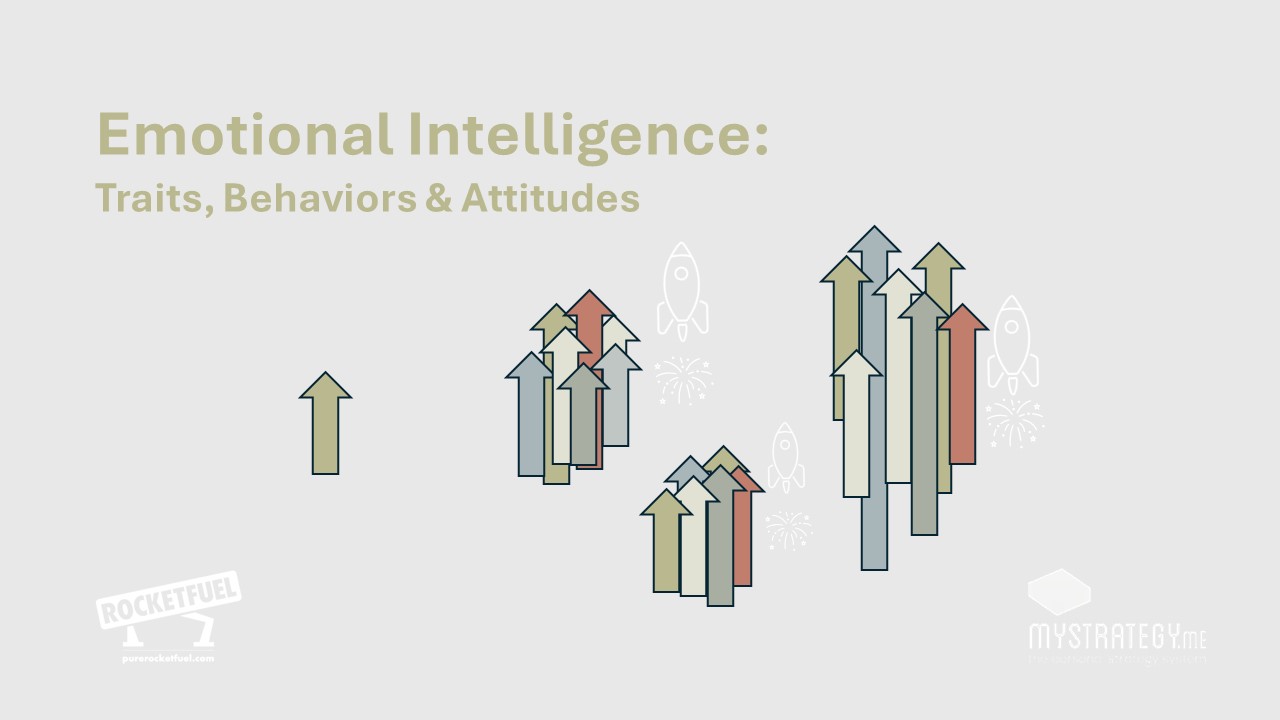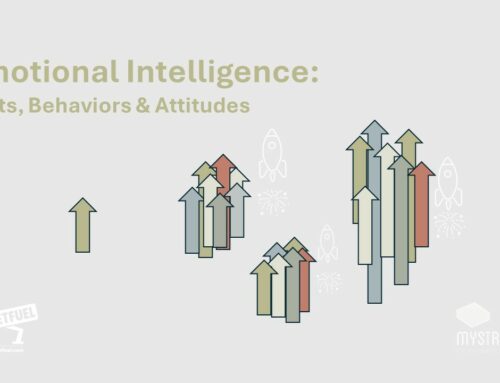
As individuals in business, is originality and uniqueness a useful day-to-day obsession, wonders Leadership & Performance Coach, Davina Greene.
The more I coach, the more I encounter people worried about uniqueness, often to the point of near-paralysis. On top of their natural fears, they drown in grandiose, social media-distributed or speaker-touted quotes (“It is better to fail in originality than to succeed in imitation”) that add to the pressure. Frozen to the spot, whether employee or self-employed, they cannot decide in what way they are going to display and promote a uniqueness that they have not yet identified. Their personal strategy fails to progress.
The perfectionists sit and wait for inspiration to strike; the goal-oriented become consumed by the uniqueness goal at the expense of others; those with low self-esteem have a new stick with which to generally beat themselves, the born procrastinators can claim their delay is due to a ‘genuine marketing consideration’…It can become very chicken-and-egg: which came first, the desire for uniqueness or some other trait that led the individual to this position?
How Much Uniqueness Is There, Really?
We love to think of ourselves as highly unique – all 7 billion of us! – and yes, we all hold a unique combination of traits, strengths, weaknesses, talents, perspectives and experiences. This is all fine. However, when people start selling short their many years of experience due to a new-found, all-consuming obsession with individuality or personal brand, we lose sight of what is important.
Rare game-changers aside, the simple fact is that most of what we see on this planet is, shall we say, ‘inspired by’ something else. We need money to survive and, to make money, there are only so many things one can do – realistically, as a population, we will need to become more forgiving of ourselves in relation to duplication and replication.
Think of all the copied songs – the unintentional copies, the intentional sampling, and the straight-out cover versions. Think of the years and years of near-identical sitcoms – same character types, same storylines, same ‘sit’, same ‘com’. How different can 20 different medical dramas be? How many shades of medium-pink lipstick does the world actually need? How many times have you groaned upon seeing the same article come around again on social media, as everyone desperately tries to create content?
There are plenty of people profiting handsomely from unoriginality, while the rest suffer imposter syndrome, politely waiting around for one big, unique idea. That wait can mean missing out on the chance to make a living because of advice from people who assume you want to make a fortune. And not everyone does.
Yes, uniqueness is helpful and has worked its way into our daily terminology. As either an individual or a business, you’ve probably been encouraged to seek your Unique Selling Point (USP) by now. We idolise big-name, charismatic business leaders, forgetting that most had a whole team cultivate a product, image and outcome over time.
It is, of course, great when, after all the indistinguishable girls walk down the catwalk, a striking model strides by. A new smartphone feature can be fun, maybe even useful (although I still know almost nobody who remembers to use Siri…). However, non-unique does not mean non-important, if what is being done is good.
I can sit in any international, brand-name coffee shop and have no clue which one I’m in. I will, however, notice if I’m in a small, local café, the smallness and localness of it breeding a sort of unimposing uniqueness that does not necessarily get documented on a business plan. Similarly, most staff would be happy if their manager managed them properly day-to-day, not particularly caring about his personal leadership brand, in the absence of those basics.
At individual level, I think uniqueness is more about a unique set of circumstances than just a unique person or product – you may have very unique ideas but, for example, have difficulty meeting the people who can help you implement them. The universe likes you to have a bit of a plan, but it also excels at randomness. So, if you enjoy it and are good at it, get on with it! As you begin to progress and move in relevant circles, any USP will begin to come to light. And it may be something you could never have guessed in advance!
Key Considerations Around Uniqueness
- Are you trying to make a living or a fortune? Where you lie on this scale may help you decide how much effort needs to be put into uniqueness.
- Remember, most things are ‘inspired by’ other things. You are not an imposter due to mere similarity.
- Allow others to help you identify any points of uniqueness. Ask your manager why they value you, your client why they chose you…
- Above all else, be good at what you do. Your team and customers are more interested in a good, consistent standard than in any ‘bells and whistles’.
Interested in investing in your own personal – and personal strategy – development? Check out www.MyStrategy.me!
Share This!
About the Author



